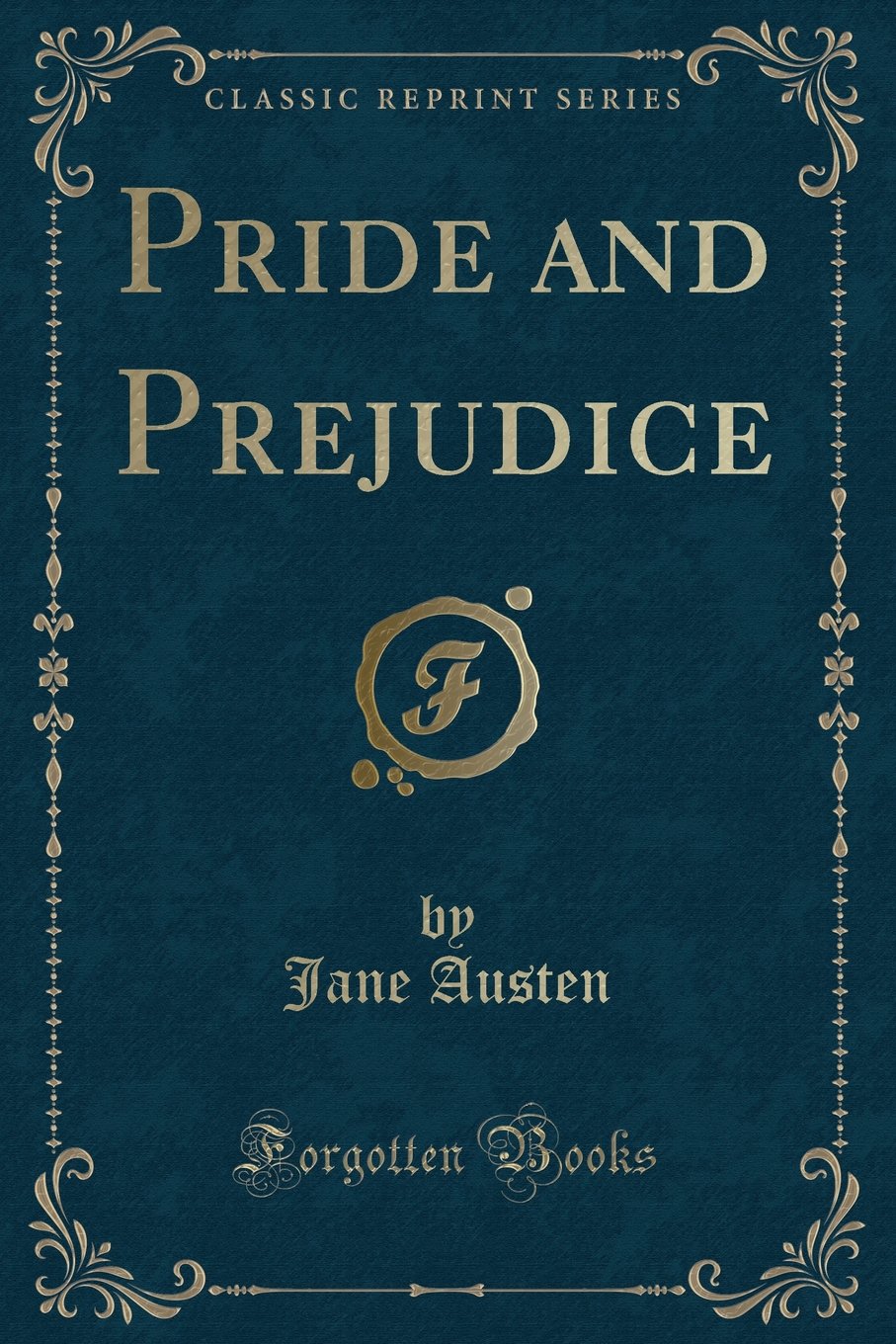
“It is a truth universally acknowledged, that a single man in possession of a good
fortune, must be in want of a wife.”
The opening line to Jane Austen’s Pride and Prejudice is one of the best-known lines in
literature. By asserting that “it is a truth universally acknowledged,” Austen suggests
that the opposite is also true: a single woman must be in want of a man with good
fortune. This preoccupation with socially advantageous marriages sets up the novel’s
premise.
In rural England at the turn of the 19th century, the Bennet family had received news of
a new neighbor: Charles Bingley. He appeared to be a perfect bachelor for one of Mrs.
Bennet’s five daughters. He was a warm gentleman who came by his fortune through
trade, and he was moving into the Netherfield estate. As a mother with no sons, Mrs.
Bennet had been desperately seeking to match her daughters with affluent men. Since
her daughters could not inherit the Bennet property after her husband’s death (women
could not inherit property), Mrs. Bennet viewed marriage as a necessity to secure
economic prosperity for her family in the future. Mrs. Bennet thought Mr. Bingley to be
the perfect candidate for her sweet daughter, Jane.
Meanwhile, another match was being made beyond Mrs. Bennet’s knowledge. A tall,
mysterious businessman who went by the name Mr. Darcy had accompanied Mr.
Bingley to Netherfield. However, contrary to his friend, Mr. Darcy had a cold air about
him. Carrying an immense inheritance from his father, he was an extraordinarily proud
man who deemed all the Meryton townsfolk as unworthy of his attention—well, all
except for one spirited and witty girl, Elizabeth Bennet.
At first glance, Elizabeth seemed like a small-town girl who came from a modest family.
On closer inspection, readers quickly see how she’s different. Elizabeth wants to marry
for love, a wish that’s scorned upon in a society where marriage was a union between
families—not individuals. Her unabashed spirit and sharp-witted tongue quickly
captivated Mr. Darcy’s heart, but because she came from a low family, proud Mr. Darcy
tried to extinguish his love. In order to be together, Elizabeth and Mr. Darcy both had to
overcome their pride and prejudice against each other.
I would rate Pride and Prejudice a 9/10. Though Jane Austen published the book in
1813, the plot is translatable to a modern romance novel. The misunderstandings,
twists, and turns are reminiscent of a modern drama. My favorite character in this novel
is Elizabeth. I love her spunk. She never bowed to someone just because they were
wealthy or noble, and she was never afraid to speak her mind. In a society where the
middle-class unconditionally bend to the nobles, her defiance is a refreshing spring.
I would recommend Pride and Prejudice to high school students who love a good
romance. Austen’s intricate language may be harder to understand for younger readers,
but once you grasp the language, the plot unfurls easily.
Check out Pride and Prejudice from the Newport Beach Public Library.